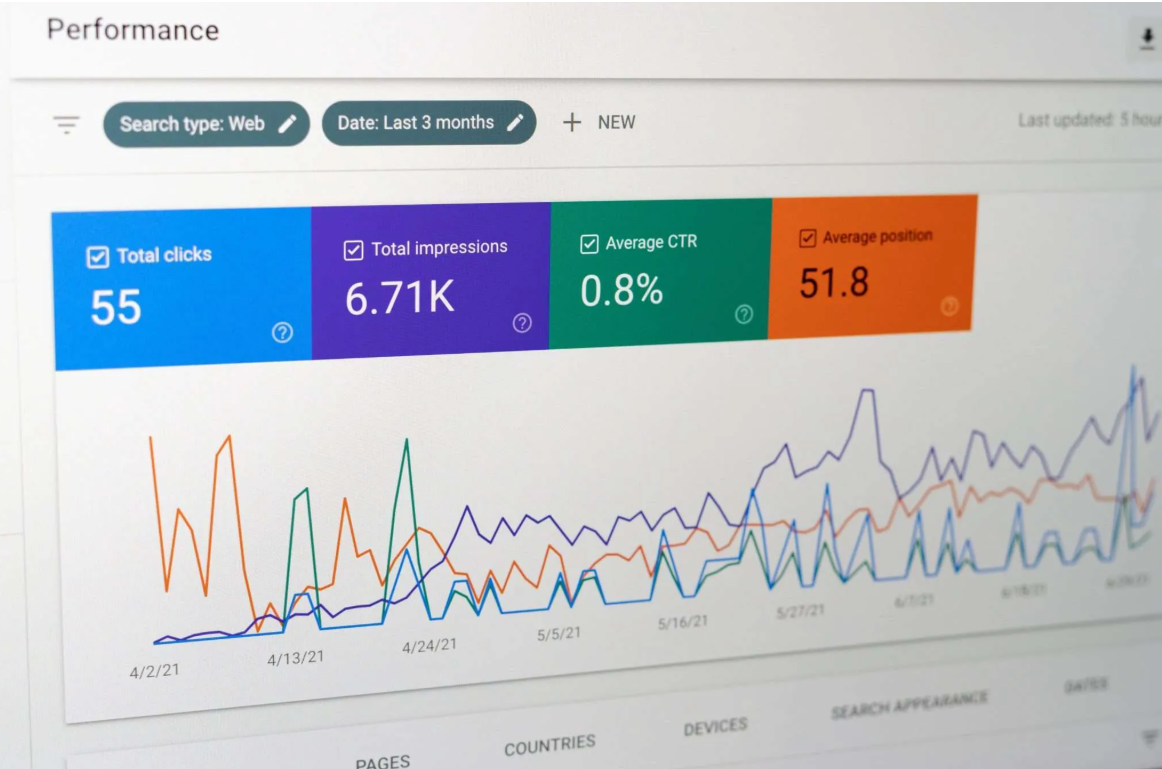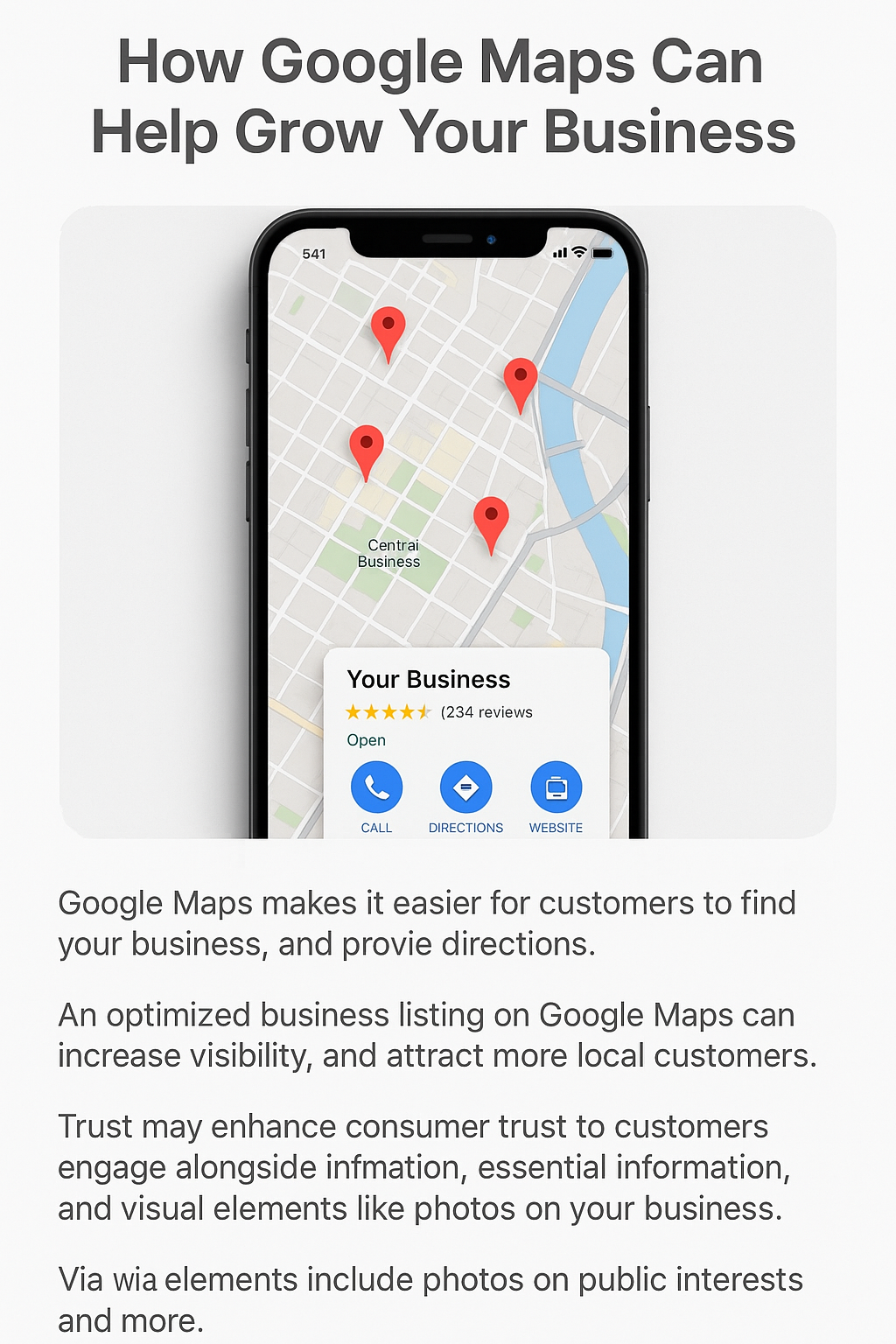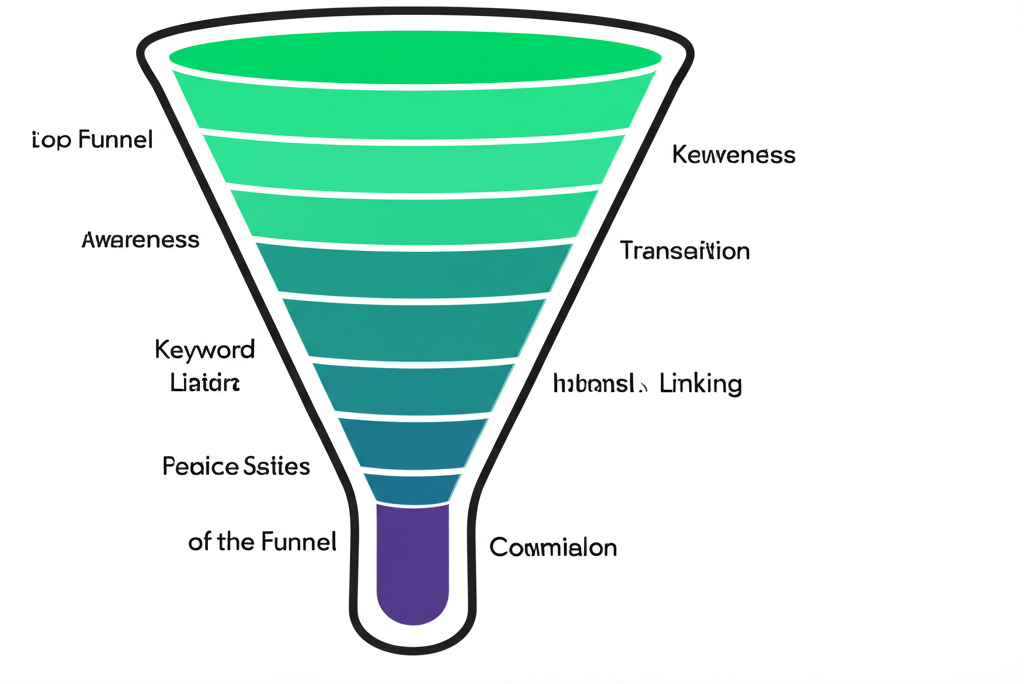Unlocking SEO Success: The Importance of Keyword Research
The Importance of Keyword Research

In the ever-evolving digital landscape, where billions of searches occur daily, standing out from the crowd is paramount for any online venture. You might have the most beautifully designed website, the most compelling content, or the most innovative product, but if people can't find you, it's all for naught. This is where Search Engine Optimization (SEO) comes into play, and at its very core lies a fundamental, often underestimated, practice: keyword research.
Think of keyword research as the compass guiding your SEO journey. Without it, you're sailing blind, hoping to stumble upon your destination. With it, you can chart a precise course, directly to the audience actively seeking what you offer.
Why is Keyword Research So Crucial?
Let's break down why dedicating time and effort to keyword research is non-negotiable for SEO success:
- Understanding Your Audience: At its heart, keyword research is about empathy. It allows you to step into your potential customers' shoes and understand the language they use when searching for information, products, or services like yours. What questions are they asking? What problems are they trying to solve? By identifying these queries, you can tailor your content to directly address their needs.
- Driving Targeted Traffic: Not all traffic is created equal. You could have a flood of visitors, but if they're not interested in what you offer, they'll bounce. Keyword research helps you attract qualified traffic – people who are genuinely interested and more likely to convert. By targeting specific, relevant keywords, you ensure that the visitors arriving at your site are already pre-disposed to engage with your content or make a purchase.
- Informing Content Strategy: Keyword research isn't just about finding words; it's about uncovering content opportunities. Once you know what your audience is searching for, you can create valuable, informative, and engaging content that directly answers their queries. This could be blog posts, FAQs, product descriptions, landing pages, or even videos. Your content becomes a solution to their search intent.
- Gaining a Competitive Edge: Your competitors are likely vying for the same audience. By conducting thorough keyword research, you can identify keywords they might be overlooking, or discover opportunities to outrank them on high-value terms. Analyzing their keyword strategies can also reveal gaps in your own content or areas where you can differentiate yourself.
- Optimizing On-Page and Technical SEO: Keywords aren't just for content creation. They are integral to on-page SEO elements like title tags, meta descriptions, headings, and image alt text. Strategically incorporating your target keywords into these elements signals to search engines what your page is about, improving its relevance for specific queries. Furthermore, insights from keyword research can even inform your website's structure and internal linking strategy.
- Measuring and Refining Performance: Keyword research isn't a one-and-done task. It's an ongoing process. By tracking the performance of your target keywords, you can identify what's working and what's not. Are you ranking for the right terms? Are certain keywords driving more conversions? This data allows you to refine your strategy, discover new opportunities, and continuously improve your SEO efforts.
How to Get Started with Keyword Research
While a deep dive into keyword research methodologies is beyond the scope of this post, here are some starting points:
- Brainstorm Seed Keywords: Begin by thinking about broad terms related to your business, products, or services.
- Utilize Keyword Research Tools: Leverage tools like Google Keyword Planner, Semrush, Ahrefs, Moz Keyword Explorer, or even Google Search Console to discover related keywords, search volumes, and competition levels.
- Analyze Search Intent: Understand why someone is searching for a particular keyword. Are they looking for information, navigation, commercial investigation, or a transactional query?
- Look at Long-Tail Keywords: These are longer, more specific phrases (e.g., "best vegan restaurants in downtown Chicago"). They often have lower search volume but higher conversion rates.
- Monitor Competitors: See what keywords your competitors are ranking for.
The Takeaway
In the competitive world of online visibility, neglecting keyword research is like trying to find a needle in a haystack blindfolded. It's the bedrock of any successful SEO strategy, enabling you to connect with your ideal audience, drive meaningful traffic, and ultimately achieve your online goals. Invest the time, embrace the data, and watch your SEO success unlock.










